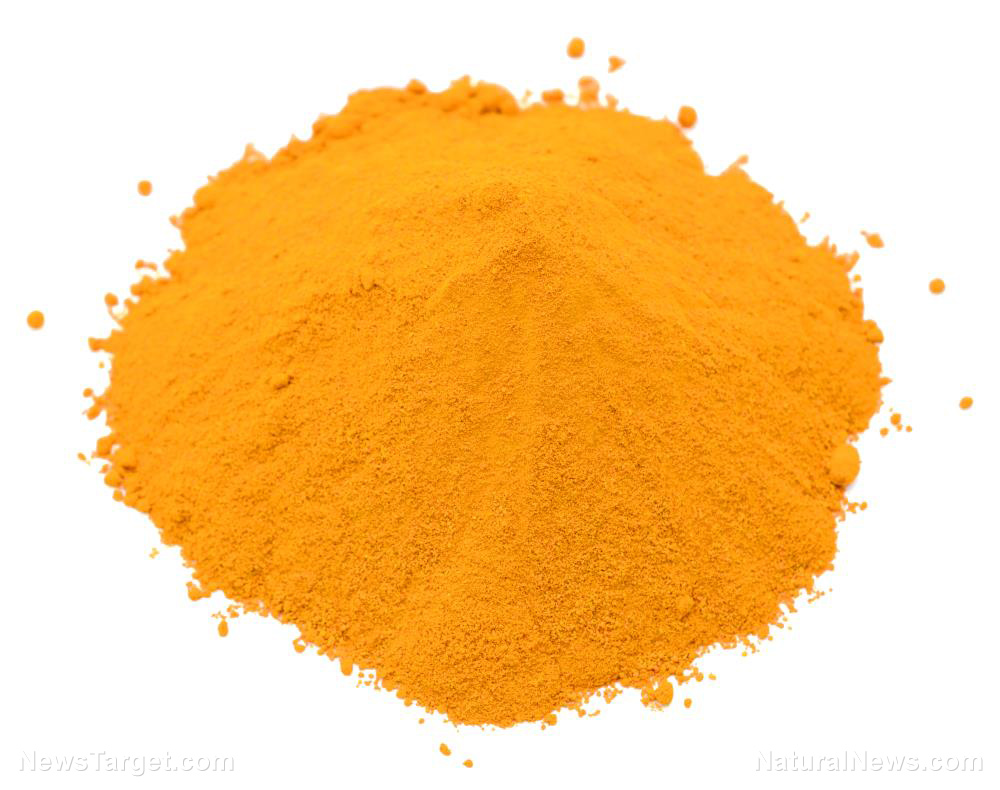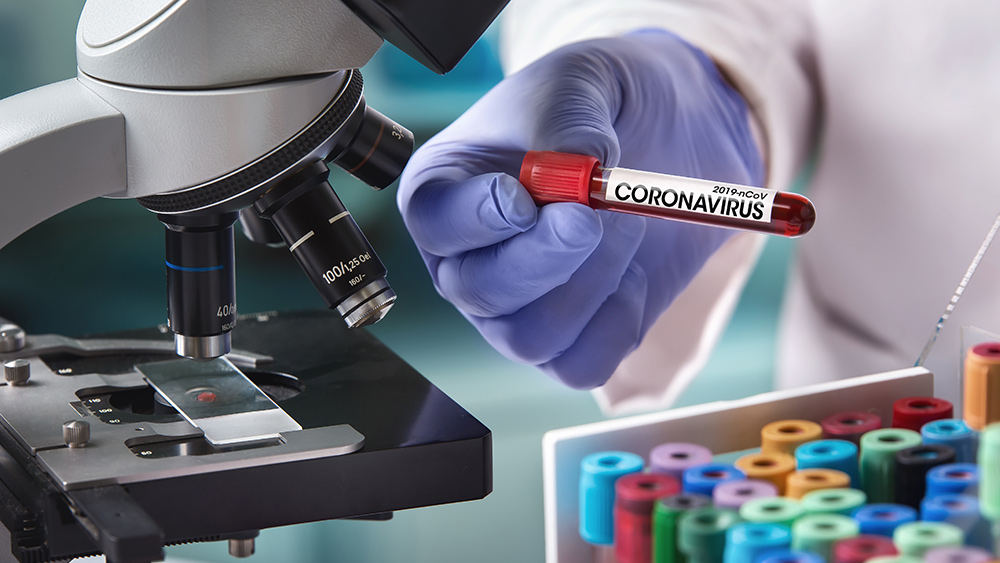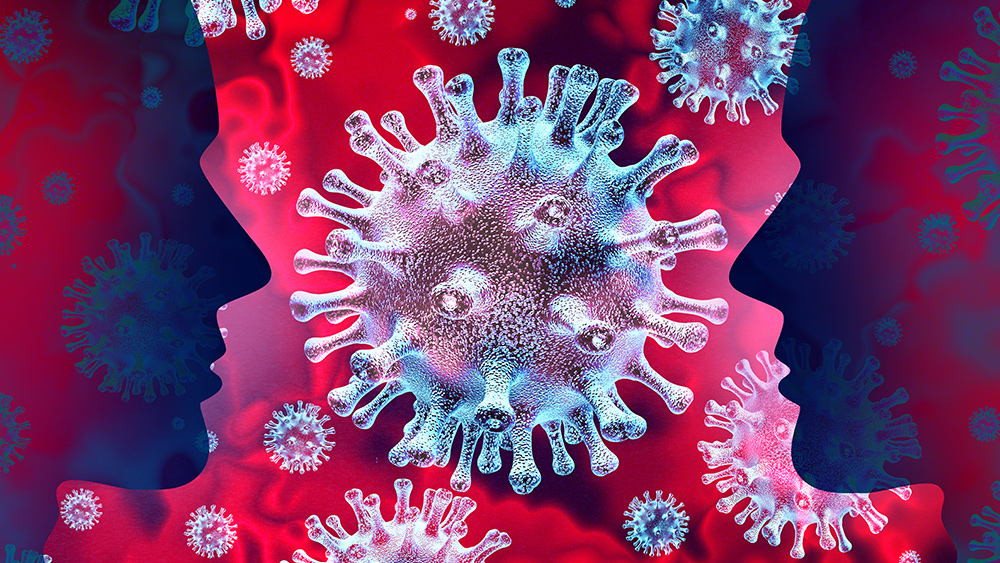Curcumin: Prevent liver disease and reduce liver fat with this amazing natural plant compound
01/28/2020 / By Darnel Fernandez

Fatty liver disease, also known as hepatic steatosis, is a life-threatening condition caused by an abnormal buildup of fat in the liver. While it is usually caused by excessive alcohol drinking, this disease can also stem from non-alcoholic means. This fat buildup could lead to inflammation in the liver, causing damage and creating scarring. Severe cases of fatty liver disease can even lead to liver failure. Reducing this abnormal buildup of liver fat often involves regular exercise and other healthful lifestyle changes like eating a balanced diet and reducing your sugar intake. Now, a recent research suggests that a well-known compound found in turmeric could make a big difference in improving liver health.
A study published in the journal Drug Research found that curcumin has liver health-boosting effects like improving liver blood flow and reducing liver fat.
Take curcumin to improve liver health
Over the years, the list of beneficial health effects of curcumin somehow gets longer and longer. Curcumin is considered the main active ingredient of turmeric (Curcuma longa), a perennial spice closely related to ginger. Turmeric has been used for thousands of years both as a spice and as a staple in Ayurvedic medicine for its powerful medicinal properties, including potent antioxidant and anti-inflammatory effects. (Related: Curcumin naturally fights cancer, heart disease, Alzheimer’s disease and obesity.)
Curcumin is also found to increase a growth hormone called brain-derived neurotrophic factor (BDNF). Increasing this hormone could help delay or even reverse age-related cognition decline and plenty of neurodegenerative diseases like Alzheimer’s. Higher levels of BDNF can also improve memory.
In this study, researchers from Iran aimed to evaluate the efficacy and safety of curcumin as a dietary supplement for subjects afflicted with non-alcoholic fatty liver disease (NAFLD). To do so, the researchers recruited 87 patients diagnosed with NAFLD and randomly assigned them into one of two groups. The team tasked one of the groups to take 1,000 mg of curcumin per day for a period of eight weeks while the other group took placebo in the same time frame. Each patient received both dietary and lifestyle advice before the trial began. The researchers analyzed physical measurements, hepatic enzyme levels and liver scans both before the trial and after eight weeks of the follow-up.
At the end of the follow-up period, the researchers found that curcumin supplementation was associated with a significant reduction in body mass index and waist circumference compared to the placebo group. This finding is particularly important because obesity is considered a risk factor for NAFLD.
In addition, the ultrasonographic liver scans revealed that 75 percent of those who took curcumin showed significant improvements in overall liver health, while the improvement rate of those in the control group only hit 4.7 percent. While serum levels of both aspartate aminotransferase and alanine aminotransferase were elevated in participants in the placebo group, those in the curcumin group showed significantly reduced hepatic enzyme levels.
Lastly, participants who took curcumin supplements daily also found significant improvements in liver volume, liver blood flow, and liver vein diameter; all of which contribute to proper liver function.
The study suggests that short supplementation of curcumin can effectively reduce the amount of liver fat present in patients with NAFLD. The findings also confirm curcumin’s ability to improve body measurements and support proper liver function. The researchers added that their study warrants further research exploring the promising effects of this “miracle compound.”
Sources include:
Tagged Under: alternative medicine, brain health, cucurmin, disease, fatty liver disease, fightobesity, food cures, food is medicine, functional foods, herbal medicine, Herbs, liver health, natural medicine, obesity, prevention, spirces, Super foods, supplements



















